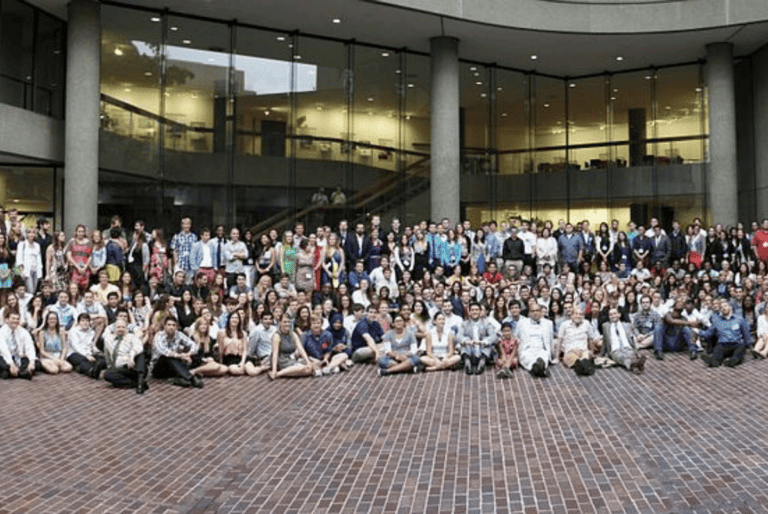Mastering Respect: Key to Organizational Success
Respect, a seemingly simple concept yet a profound catalyst for organizational triumph, holds the key to unlocking a realm of possibilities within the corporate sphere.
The ability to master respect transcends mere politeness; it permeates the core of organizational dynamics, shaping the very essence of employee interactions and productivity.
As we navigate through the intricate web of respect in the workplace, a deeper understanding of its far-reaching impacts emerges, hinting at a transformative journey towards unparalleled success.
Key Takeaways
- Cultivating respect is crucial for organizational success.
- Building respectful relationships attracts and retains talent.
- Active listening and understanding foster a culture of respect.
- Partnering with experts enhances a respectful organizational culture.
The Power of Respectful Communication
Respectful communication serves as the cornerstone of effective organizational interactions, fostering understanding, collaboration, and a harmonious work environment.
Effective listening plays a vital role in communication dynamics within an organization. It involves not only hearing what others say but also understanding their perspectives and feelings. Active listening is key to demonstrating respect and building trust among team members.
Communication dynamics are influenced by how well individuals engage in dialogue, share information, and seek feedback. Acknowledging others' viewpoints and being open to different ideas are essential aspects of respectful communication.
Strategies for Fostering Respectful Relationships
Effective relationship-building within an organization is foundational to creating a culture of mutual understanding and collaboration. Strategies for fostering respectful relationships encompass key elements such as active listening and empathy building.
Active listening involves fully concentrating, understanding, responding, and remembering what is being said, fostering a sense of respect and validation. Empathy building is crucial for acknowledging and understanding others' perspectives, emotions, and experiences, leading to stronger connections and more meaningful interactions.
Developing a Culture of Inclusivity
Cultivating a culture of inclusivity within an organization is paramount for fostering a sense of belonging and harnessing the full potential of diverse perspectives. In achieving this goal, organizations can implement the following strategies:
- Diversity Workshops: Conduct workshops to educate employees on the importance of diversity and inclusion in the workplace.
- Inclusive Practices: Implement inclusive practices such as equal opportunities for all employees regardless of background.
- Encourage Open Dialogue: Foster an environment where employees feel comfortable sharing their perspectives and experiences.
- Promote Empathy: Encourage empathy towards colleagues by promoting understanding and respect for individual differences.
- Celebrate Diversity: Organize events and activities that celebrate the diverse backgrounds and experiences of employees.
Leadership Training for Respectful Practices
Building a culture of inclusivity within an organization requires equipping leaders with the necessary training to understand and prioritize respectful practices in their interactions and decision-making processes. Respectful leadership techniques play a crucial role in fostering a positive work environment where all team members feel valued and heard.
Leaders trained in building respect in teams are better equipped to handle conflicts, communicate effectively, and promote collaboration. By emphasizing active listening, empathy, and inclusivity, leaders can set the tone for respectful behavior within their teams.
Providing leadership training focused on respect not only enhances organizational culture but also contributes to improved employee engagement, productivity, and overall success.
Resources for Sustainable Respectful Leadership
Resources are pivotal in equipping leaders with the tools and knowledge necessary to sustain a culture of respectful leadership within an organization. To ensure long-term impact and build trust, leaders can leverage the following resources:
- Leadership Workshops: Engage in workshops focused on communication, empathy, and diversity to enhance leadership skills.
- Coaching Programs: Participate in coaching sessions to receive personalized guidance on respectful leadership practices.
- Mentorship Opportunities: Seek mentorship from experienced leaders to learn how to navigate complex situations with respect.
- Online Courses: Enroll in online courses that cover topics such as inclusive leadership and emotional intelligence.
- Networking Events: Attend networking events to connect with other leaders who prioritize respect and share best practices.
Conclusion
In conclusion, the cultivation of respect within organizations serves as a cornerstone for success. It fosters harmonious relationships, drives productivity, and nurtures a culture of inclusivity.
Just as a symphony orchestra requires each instrument to play its part in harmony to create a beautiful melody, so too does a workplace thrive when respect is embraced by all.
By mastering respect, organizations can unlock the potential for innovation, collaboration, and sustainable growth, paving the way for excellence.







